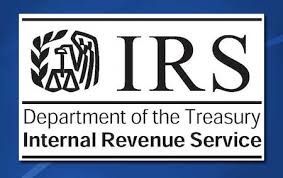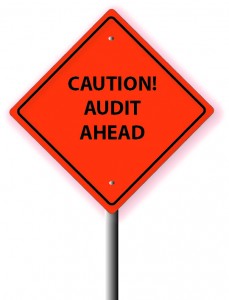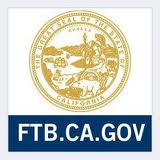FOR ALL BUSINESSES – TAX FILING INFORMATION
 File information returns (for example, Forms 1099 for certain payments you made during 2013. There are different forms for different types of payments. Use a separate Form 1096, Annual Summary and Transmittal of U.S. Information Returns, to summarize and transmit the forms for each type of payment. See the General Instructions for Certain Information Returns for information on what payments are covered, how much the payment must be before a return is required, which form to use, and extensions of time to file.
File information returns (for example, Forms 1099 for certain payments you made during 2013. There are different forms for different types of payments. Use a separate Form 1096, Annual Summary and Transmittal of U.S. Information Returns, to summarize and transmit the forms for each type of payment. See the General Instructions for Certain Information Returns for information on what payments are covered, how much the payment must be before a return is required, which form to use, and extensions of time to file.
If you file Forms 1097, 1098, 1099, 3921, 3922, or W-2G electronically, your due date for filing them with the IRS will be extended to March 31. The due date for giving the recipient these forms generally remains January 31.
All businesses.
Give annual information statements to recipients of certain payments you made during 2013. You can use the appropriate version of Form 1099 or other information return. Form 1099 can be issued electronically with the consent of the recipient. Payments that may be covered include the following.
- Cash payments for fish (or other aquatic life) purchased from anyone engaged in the trade or business of catching fish.
- Compensation for workers who are not considered employees (including fishing boat proceeds to crew members).
- Dividends and other corporate distributions.
- Interest.
- Rent.
- Royalties.
- Payments of Indian gaming profits to tribal members.
- Profit-sharing distributions.
- Retirement plan distributions.
- Original issue discount.
- Prizes and awards.
- Medical and health care payments.
- Debt cancellation (treated as payment to debtor).
- Cash payments over $10,000. See the instructions for Form 8300, Report of Cash Payments Over $10,000 Received in a Trade or Business.
This information is available in IRS Publication 509 – Tax Calendars for Use in 2014




 You’re not alone. Many child care providers feel awkward talking about rates and fee increases with their clients. However, just as many of your clients get annual reviews and increases in their job-related compensation, it isn’t unreasonable for you to need to adjust your rates if only to meet inflation.
You’re not alone. Many child care providers feel awkward talking about rates and fee increases with their clients. However, just as many of your clients get annual reviews and increases in their job-related compensation, it isn’t unreasonable for you to need to adjust your rates if only to meet inflation.
 Just make sure you don’t use it for client or business entertainment.
Just make sure you don’t use it for client or business entertainment. 

 REPORTING REQUIREMENTS SPOTLIGHT NAMES OF CONTRIBUTORS and AMOUNTS
REPORTING REQUIREMENTS SPOTLIGHT NAMES OF CONTRIBUTORS and AMOUNTS Federal changed the allowable medical and dental expense deduction amount for federal purposes. A deduction is allowed for unreimbursed allowable medical and dental expenses that exceed 10 percent of federal adjusted gross income (AGI) California allows a deduction for medical and dental expenses that exceed 7.5 percent of federal AGI. For more information, go to
Federal changed the allowable medical and dental expense deduction amount for federal purposes. A deduction is allowed for unreimbursed allowable medical and dental expenses that exceed 10 percent of federal adjusted gross income (AGI) California allows a deduction for medical and dental expenses that exceed 7.5 percent of federal AGI. For more information, go to 
 More than 1 million Californians did not file a 2012 state income tax return!
More than 1 million Californians did not file a 2012 state income tax return!